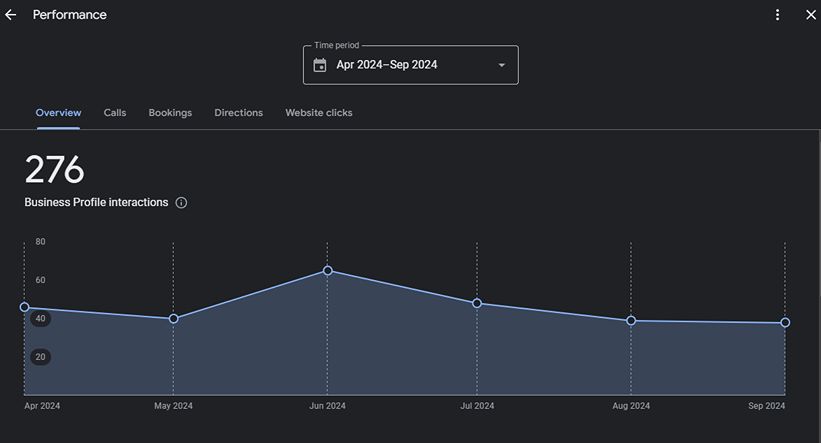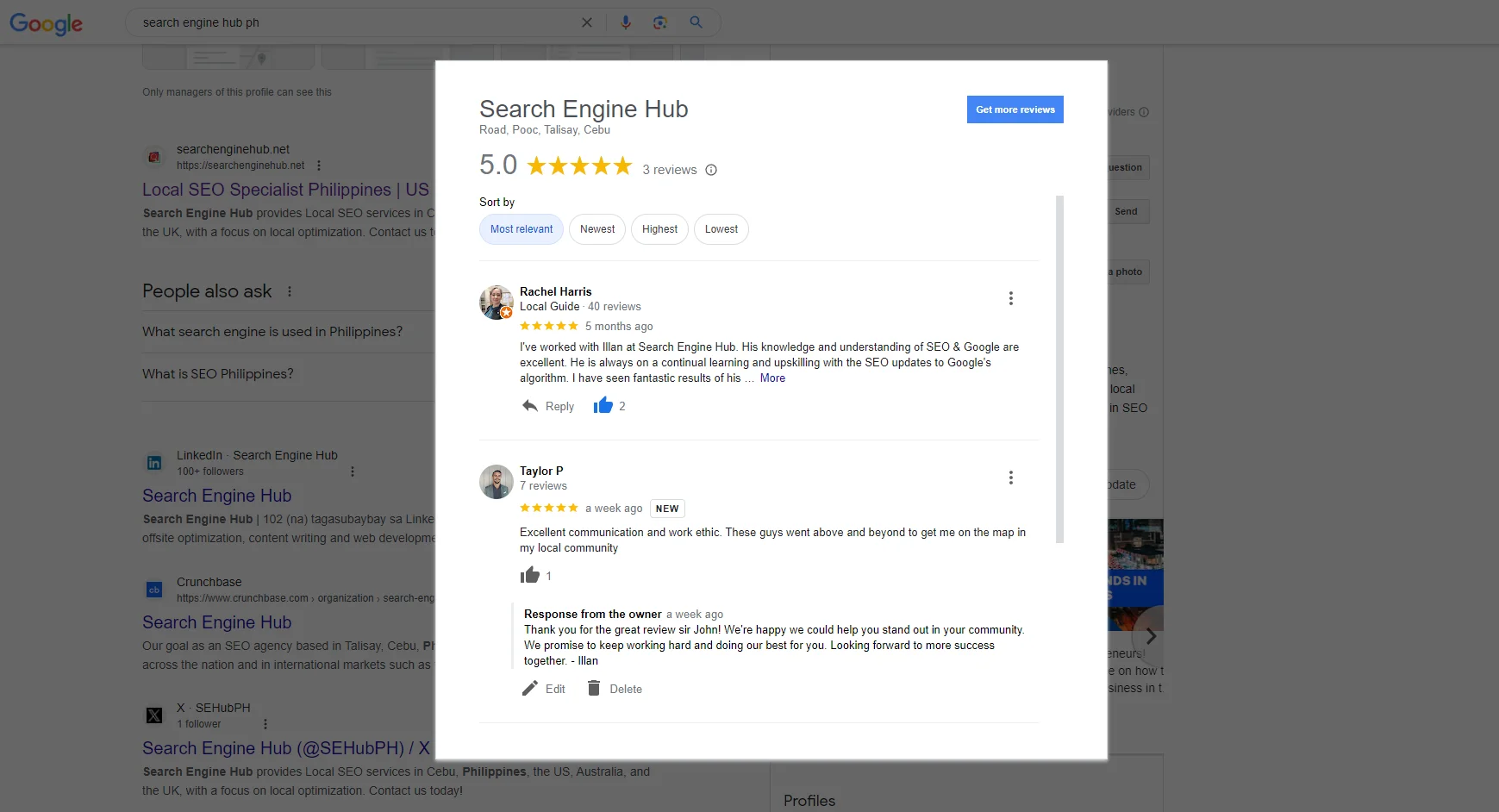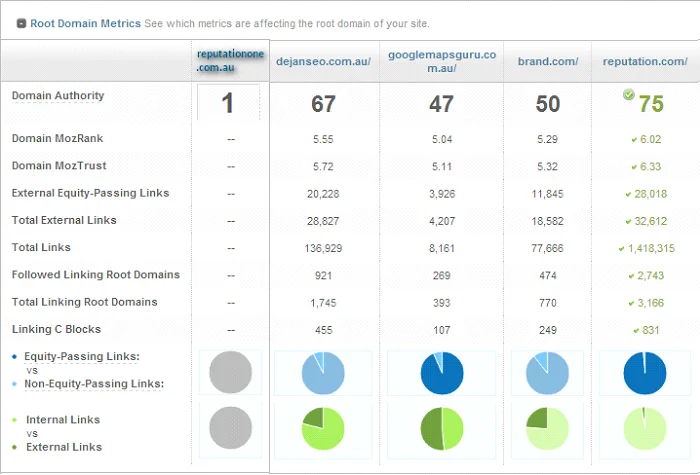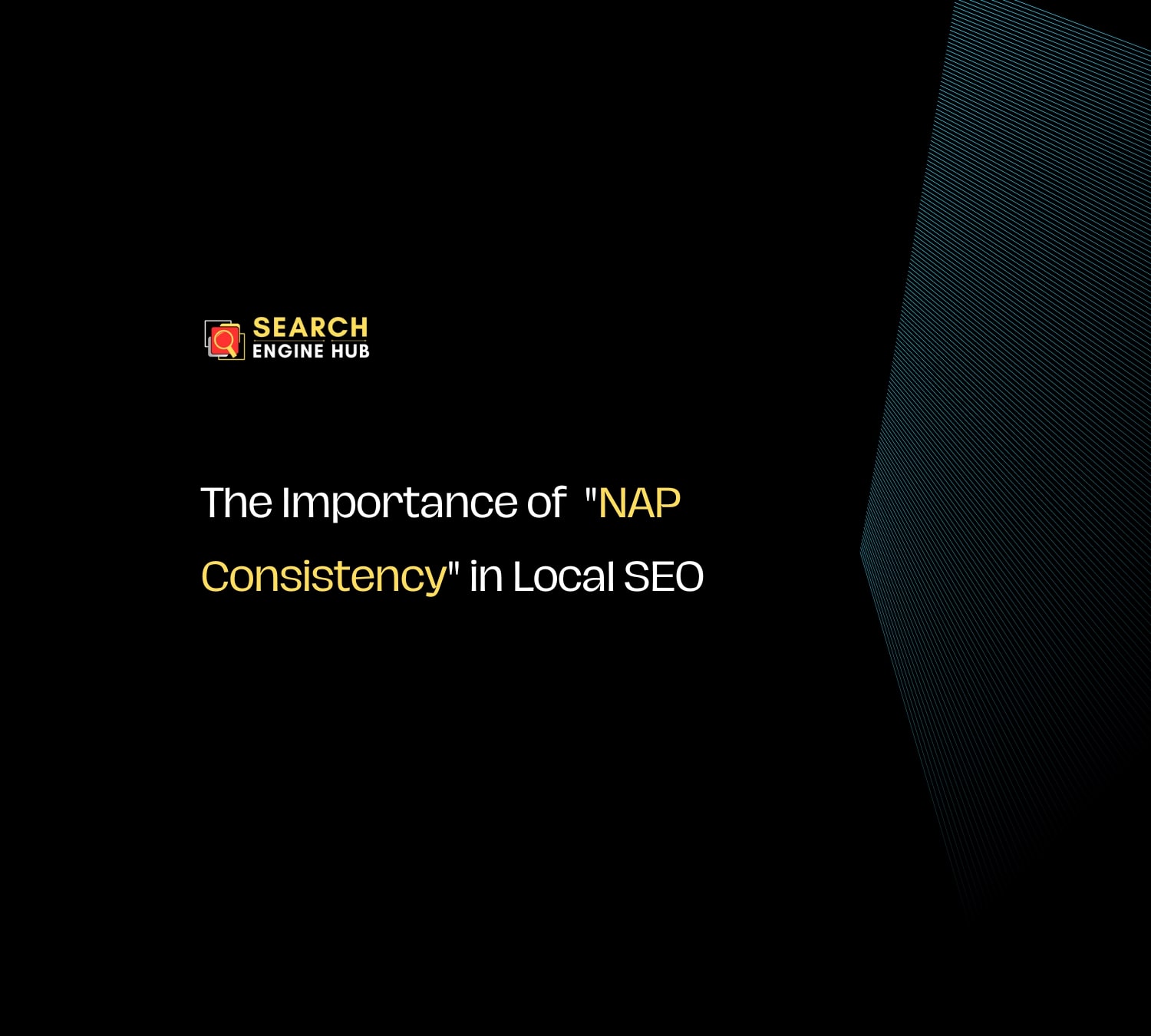For businesses that rely on local customers, Local SEO is key to connecting with people searching for your services nearby. While optimizing your strategy is important, it’s equally crucial to measure whether it’s delivering the right results. At Search Engine Hub, we’ve seen how tracking the right metrics can make a big difference in Local SEO success.
In this guide, we’ll show you how to measure your Local SEO performance by focusing on key areas like local search visibility, Google Business Profile insights, local traffic trends, keyword rankings, and conversion rates.
These will help you understand how your SEO efforts are driving growth and where adjustments might be needed.
Key Takeaways
From our experience working with local businesses, we recommend focusing on the following metrics to gauge Local SEO performance:
- Set Clear, Measurable Goals
- Use Google Business Profile Insights
- Analyze Website Traffic
- Track Local Keyword Rankings
- Evaluate Conversion Rates
- Review Customer Feedback
- Compare Against Competitors
1. Set Clear Local SEO Goals

When we begin working with clients, one of the first steps is setting clear and achievable goals. It’s crucial to know what you want to accomplish with Local SEO. These goals should be specific, measurable, and directly tied to business outcomes.
For example, some of our clients aim to rank in the top three results for certain local keywords. Others focus on increasing foot traffic to their stores or driving more online bookings. These objectives give us clear markers to evaluate success. If, within six months, our client hasn’t hit their target, we reassess and adjust the strategy accordingly.
By setting measurable goals like these, it becomes easier to track progress and understand whether your Local SEO efforts are hitting the mark.
2. Use Key Metrics to Measure Success
To know whether your Local SEO strategy is working, it’s important to track specific performance metrics. These give a real sense of what’s working and where adjustments are needed.
Local Search Visibility
One of the primary goals of Local SEO is ensuring your business appears in local search results. Search visibility is often the first indicator of success. At Search Engine Hub PH, we use tools like Google Search Console to monitor where our clients’ pages show up in local search results.
For businesses with physical locations, appearing in the local “3-Pack” (the top three local results) can make a significant difference. The more visible your business is, the more likely customers will click on your listing or visit your store.
Google Business Profile Insights
Your Google Business Profile (GBP) provides critical data on how customers interact with your business online. We regularly review these insights to see how often people view your profile, request directions, visit your website, or call directly from your listing.
For instance, one of our clients saw a 30% increase in direct calls after optimizing their GBP. These types of insights help us understand what’s driving engagement and where we can further optimize the profile.
Website Traffic From Local Searches
Tracking where your website traffic is coming from is key to measuring Local SEO performance. Google Analytics provides detailed data on how many visitors land on your site from local searches. More importantly, we look at the behavior of these visitors—are they engaging with your content or bouncing off quickly?
For one client, we noticed a significant uptick in traffic from local queries after optimizing their content. However, the bounce rate was high. After adjusting the content to better match the search intent, engagement increased, leading to higher conversions.
Local Keyword Rankings
Ranking for local keywords is one of the most direct measures of Local SEO success. We monitor how well our clients rank for important local search terms. Tools like Ahrefs or SEMrush allow us to track keyword performance and identify areas where rankings may have dropped.
For example, if we notice a dip in rankings for a high-value keyword, we analyze the cause—whether it’s due to increased competition or an algorithm update—and make the necessary adjustments to regain ranking positions.
3. Conversion Rates from Local Searches

At the end of the day, visibility and traffic are only useful if they convert into actual business results. Conversions can take various forms, such as calls, online bookings, or in-store visits. Tracking these conversions is crucial to determining the real-world impact of your Local SEO efforts.
At Search Engine Hub PH, we help clients track these conversions using Google Analytics and Google Business Profile data. For example, one of our clients saw a notable increase in bookings after we focused on optimizing their landing pages and ensuring their GBP was fully optimized.
Understanding which local searches lead to conversions helps you pinpoint which strategies are working and which need tweaking.
4. Monitor Customer Feedback

Online reviews have become an essential part of local SEO. Positive reviews not only enhance your reputation but also impact your local search rankings. We advise our clients to actively manage their online reviews on platforms like Google, Yelp, and Facebook.
For one client, consistently encouraging happy customers to leave reviews led to a visible improvement in their local search rankings. Responding to reviews—both positive and negative—also sends the right signals to search engines and potential customers alike.
It’s not enough to gather reviews; regular monitoring helps identify trends in customer sentiment. For example, negative reviews highlighting long wait times could signal an operational issue that needs addressing.
5. Competitor Benchmarking

Understanding how your business stacks up against competitors is critical in measuring Local SEO success. Competitor benchmarking helps you spot opportunities and identify areas where your competitors might be outperforming you.
Why It Matters?
At Search Engine Hub PH, we regularly compare our clients’ local SEO performance against their competitors. This process helps us identify gaps in their strategy and areas where they can gain a competitive advantage.
How We Do It?
We start by identifying direct competitors in your local area and analyzing their Google Business Profiles, local rankings, and content strategies. Using tools like SEMrush or Ahrefs, we can see which keywords they rank for, how much traffic they receive, and what types of backlinks they’ve earned. This data gives us actionable insights to refine our client’s strategy and outperform the competition.
Final Thoughts
Measuring Local SEO success requires tracking a range of metrics, from search visibility and keyword rankings to customer engagement and conversion rates. At Search Engine Hub PH, we rely on data-driven insights to continuously improve our clients’ local SEO strategies. This ongoing process of monitoring and refining ensures long-term success.
By focusing on the right data, setting clear goals, and regularly benchmarking against competitors, you’ll be able to not only improve your Local SEO performance but also drive meaningful results for your business.




